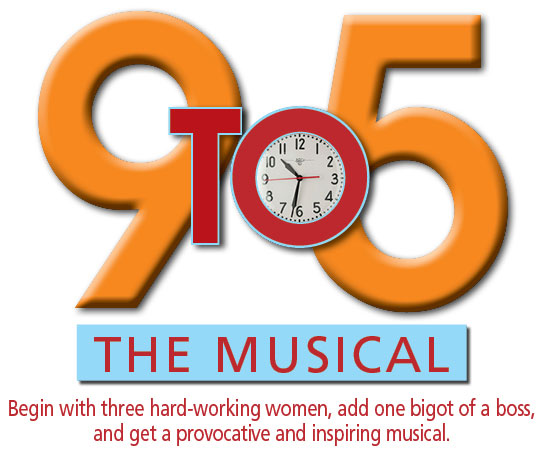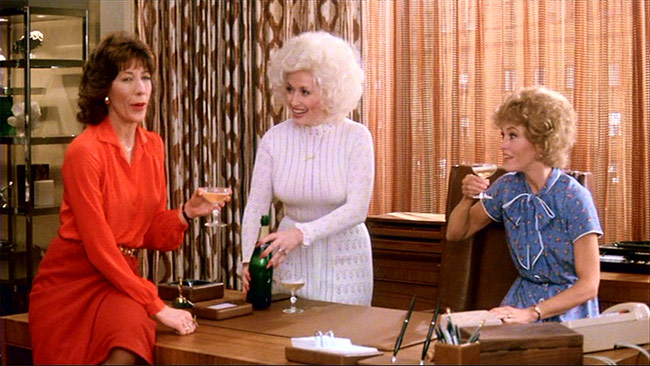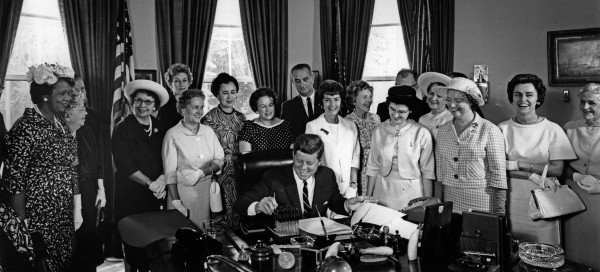
Join us for a unique musical performance guaranteed to empower audiences
You'll be captivated by this high-energy show directed by professor Mark Abram-Copenhaver. 9 to 5 The Musical, with music and lyrics by Dolly Parton and book by Patricia Resnick, is based on the seminal 1980 hit movie. This new take on a story of friendship and revenge in the Rolodex era is raw, thought-provoking, and even a little exhilarating.
Performances
Thursday, November 1 at 7:30 p.m.
Friday, November 2 at 7:30 p.m.
Saturday, November 3 at 7:30 p.m.
Sunday, November 4 at 2:30 p.m.
Moreau Center for the Arts, Little Theatre
9 to 5 Today
When you look at the 1980 comedy 9 to 5 and ask what has changed from the male chauvinist premise of the story, overdue movements like #MeToo and #TimesUp prove the answer is, absolutely nothing. In a culture of rampant sexual harassment and the sexual misconduct reckoning that has swept the nation, a modernized 9 to 5 is a significant and applicable performance, that’s more thought provoking than ever before.
 In 1980, 9 to 5 used comedy to show how clerical workers of all ages and ethnicities were treated unjustly in the workplace. Whether they were passed over for promotions, praised for attractiveness rather than ideas, or blackmailed for sexual favors, their collective takeover was portrayed as both radical and outrageous on the silver screen.
In 1980, 9 to 5 used comedy to show how clerical workers of all ages and ethnicities were treated unjustly in the workplace. Whether they were passed over for promotions, praised for attractiveness rather than ideas, or blackmailed for sexual favors, their collective takeover was portrayed as both radical and outrageous on the silver screen.
This new take on 9 to 5 exposes the similarities between the 1980 film and the lives of working women today, showing the various ways women continue to confront patriarchal structures that undermine their attempts to achieve full equality, as well as the tactics they could deploy in response.
Today, women advocating for a collective takeover could be more radical than kidnapping the boss.

9 to 5 - National Association of Working Women
 Before 9 to 5 was a movie, it was an advocacy group at Harvard University. By the mid-1970s the organization expanded into Boston, and became one of many groups working to achieve more respect, improved working conditions, and higher pay for women.
Before 9 to 5 was a movie, it was an advocacy group at Harvard University. By the mid-1970s the organization expanded into Boston, and became one of many groups working to achieve more respect, improved working conditions, and higher pay for women.
Taking advantage of the 1960s-era laws expanding working women’s rights — the 1963 Equal Pay Act and the Civil Rights Act of 1964, Title VII of which prohibited sex discrimination in employment — female employees and the Equal Employment Opportunity Commission fought pay disparities nationwide through the 1970s, winning discrimination lawsuits against major corporations and unions.
